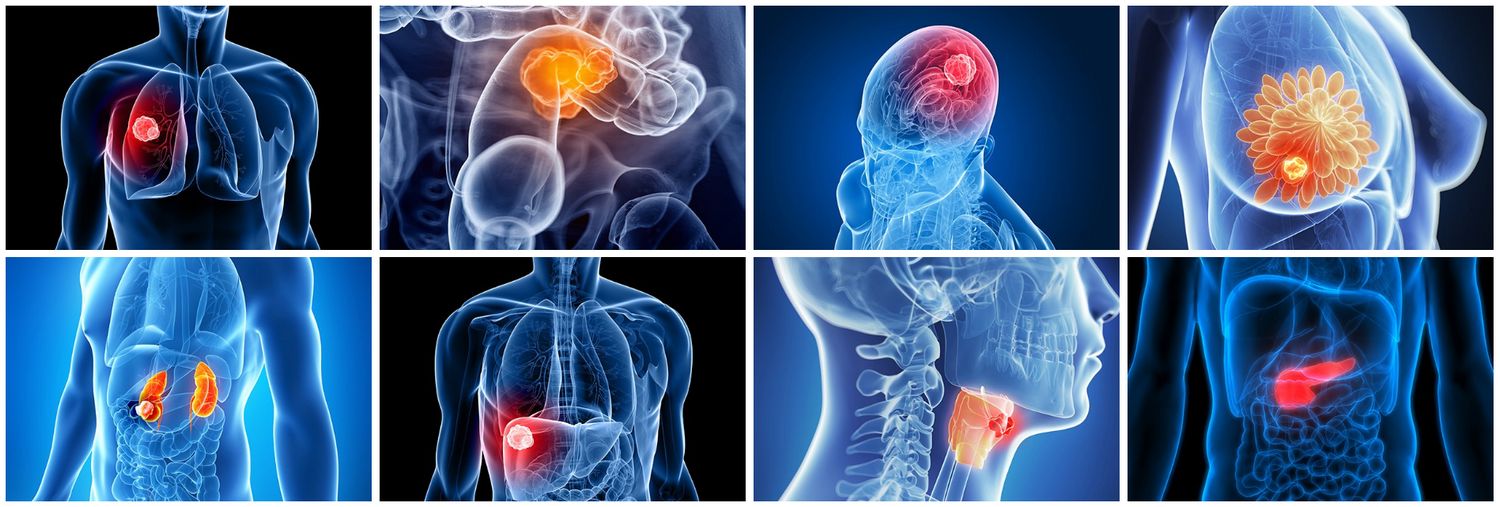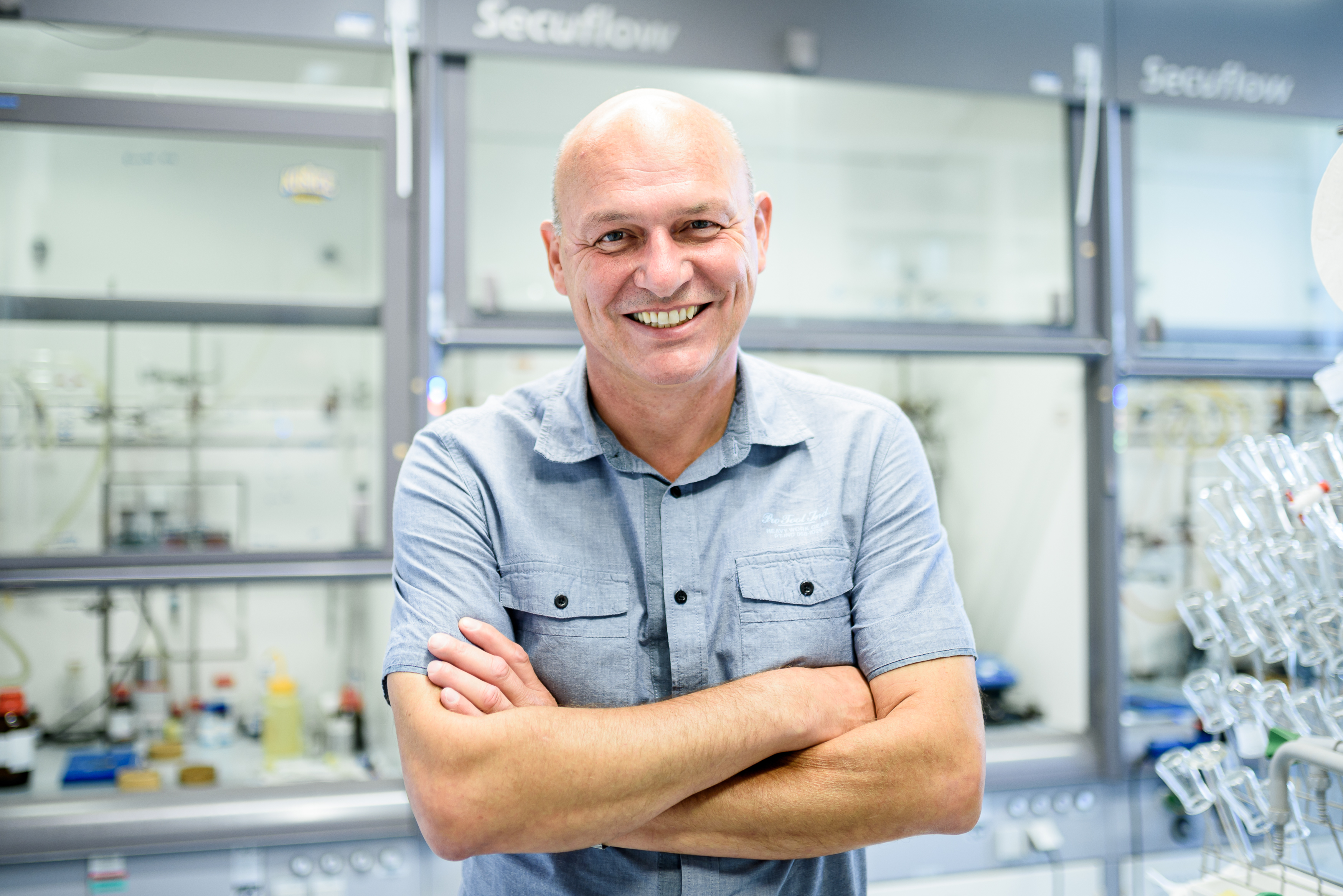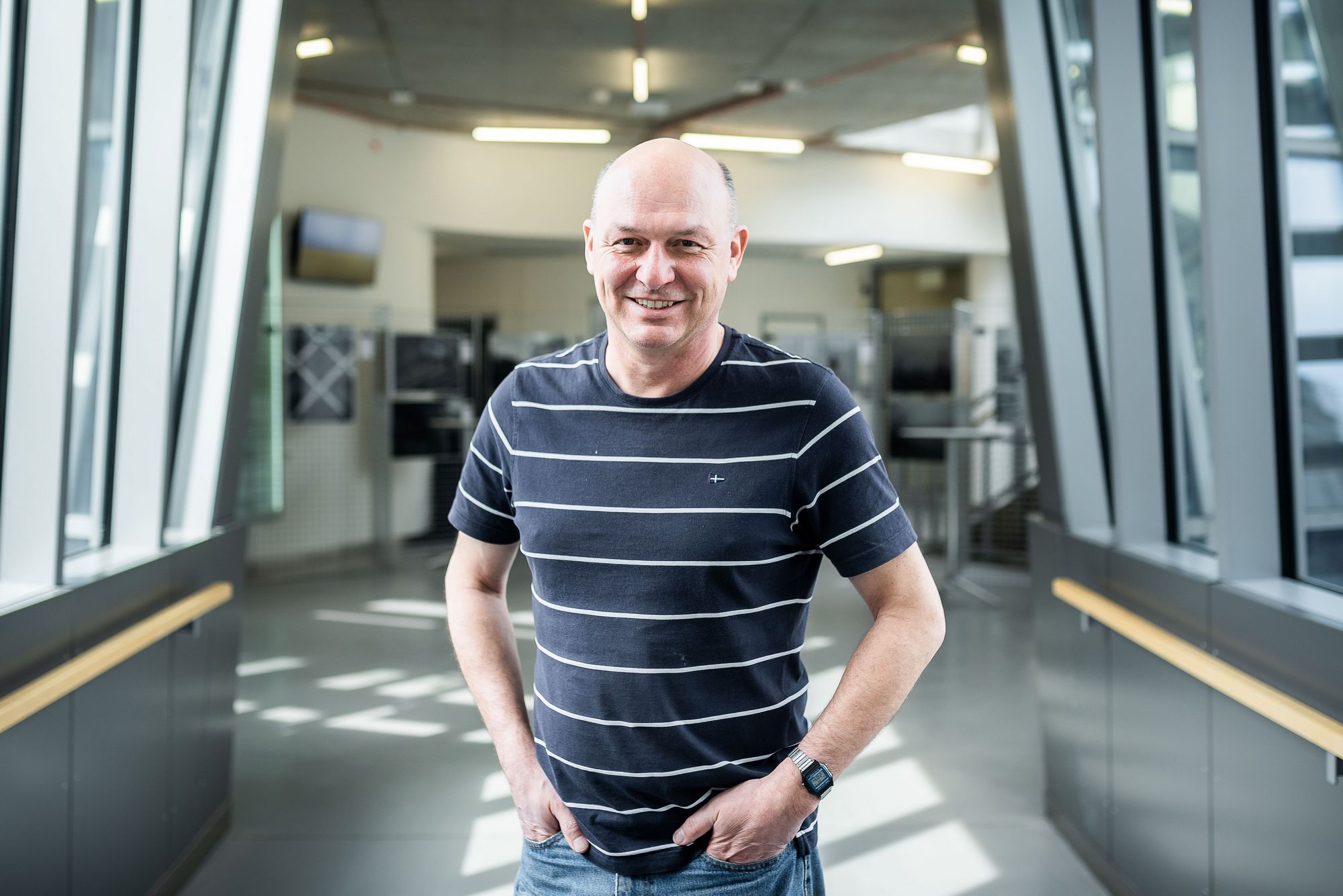Novel glutamine antagonist prodrugs to be developed as anticancer therapies

An international science team at the Institute of Organic Chemistry and Biochemistry of the Czech Academy of Sciences (IOCB Prague) and Johns Hopkins University (Baltimore, USA) has prepared and tested new substances for cancer treatment that are effective through stopping the metabolism of glutamine. The team’s promising results attracted investors supporting the development of these new drugs in the amount of $40.5 million. Further preclinical development and clinical testing will be led by spin-off company Dracen Pharmaceuticals. Clinical trials of the new substances should begin in 2019.
Cancer is caused by an uncontrolled cell division. There are several ways the malignant growth can be stopped, and often multiple approaches need to be combined. One of the ways to fight cancer is to block rapidly growing cancer cells from accessing important nutrients, in this case nitrogen that is received mainly from the amino acid glutamine. Substances that are similar to glutamine, so called antimetabolites, can block metabolism of glutamine and kill the cancer cell. However, a significant disadvantage is that glutamine is an important source of nitrogen for a number of processes in healthy cells as well, and blocking its metabolism often affects healthy tissues, such as digestive tract cells.
“Our new substances, glutamine antagonist, bypass these limitations. In order to be effective, they need to be activated first and this activation occurs primarily in cancer cells. Thus in healthy tissue these substances remain largely only in an inactive form,” explains Dr. Pavel Majer from IOCB Prague, whose team prepared the substances in collaboration with the Johns Hopkins Drug Discovery team. “Together with our colleagues from Johns Hopkins, we have demonstrated that this mechanism works in a number of types of tumors implanted in mice. Since the metabolism of rodents differs significantly from human metabolism, we also had to perform a number of metabolic studies in larger mammalian species,” adds Pavel Majer.
Cancer cells use a variety of ways to trick the cells of the immune system, which are typically unable to cope with cancer themselves. Immunotherapy of cancer (such as anti-PD-1 antibodies), one of the most promising methods of treatment, is based on releasing the blocked immune response against the tumor. The glutamine antagonist prodrugs prepared in Pavel Majer's laboratory work very well in combination with immunotherapy.
“Glutamine is a much-needed fuel which keeps glutamine-addicted tumors alive yet deprives cancer-killing T-cells of the same fuel,” explains Prof. Barbara Slusher, M.A.S., Ph.D., Johns Hopkins University and the Director of Johns Hopkins Drug Discovery. “We have developed a novel series of the glutamine antagonists which has been shown to have powerful direct anti-tumor properties as well as endogenous anti-tumor immune modulatory mechanisms. We have demonstrated a dramatic survival benefit in animal models as both single agents as well as when the drug is added to anti-PD-1 checkpoint inhibitor therapy even in models with demonstrated resistance. As we move our discovery into the clinic, our goal is to increase the number of responders and extend survival, and potentially to provide anti-tumor responses in areas currently evading immuno-oncology approaches.”

Further clinical development will be led by a biotech company Dracen Pharmaceuticals, formed recently with the support of both institutions. The potential of the new therapy is highlighted by the fact that the company has closed a $40.5 million financing round led by Deerfield Management. Dracen Pharmaceuticals lead asset DRP-104 is advancing through preclinical development studies with a goal of initiating phase I clinical studies in the first half of 2019.
Among the investors is also Czech company i&i Prague founded last year at the IOCB Prague. “i&i Prague is an incubator for promising technologies and projects built on excellent scientific results and inventions in the field of medicine. Our goal is above all to encourage the emergence of new spin-off companies and to help them find investors, partners and other financial resources similarly to what has been done by the joint efforts of all partners in this project,” says i&i Prague CEO Jaromír Zahrádka, Ph.D.
The results of the cooperation between IOCB Prague and JHU scientists are also welcomed by the President of the Czech Academy of Sciences, Prof. RNDr. Eva Zažímalová, CSc. “The Czech Academy of Sciences supports first-class basic and applied research and cooperation with the industrial partners. One of the most important tools is the so-called AV21 Strategy platform, which specifically supports inter-institutional and multidisciplinary research on socially relevant and up-to-date topics. The cooperation with JHU and Dracen Pharmaceuticals may be an inspiration for other similar projects.”
This collaboration is one of a number of projects developed at IOCB Prague, which have recently found a partner among other companies and investors. It follows, for example, the license of a new drug for diabetes to the pharmaceutical company Novo Nordisk in 2017, a license of unique substances to Merck in 2016, or licenses arising from the cooperation of Prof. Antonín Holý with Gilead Sciences.
“More and more often we can see that the scientific excellence of our scientists is a highly sought-after commodity around the world,” says IOCB Prague director Dr. Zdeněk Hostomský. “We are preparing new collaborations similar to that of JHU with other world-class research institutes. I firmly believe that these contacts and support tools, such as i&i Prague, will lead to other similarly beneficial and interesting projects.”






